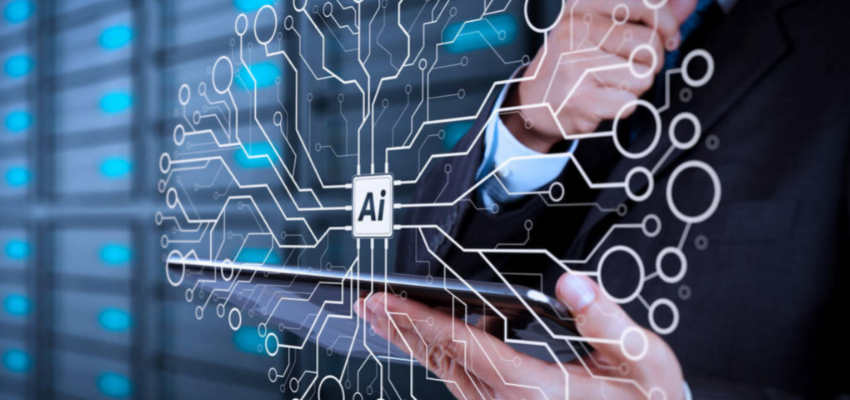Show:
Unveiling the Future: More Than Just Machines – The Intricacies of Artificial Intelligence
In the rapidly evolving landscape of technology, one concept has managed to capture our imagination and push the boundaries of what was once considered possible – Artificial Intelligence (AI). AI, often referred to as the “next big thing,” has gained remarkable prominence in recent years, and its potential to reshape our world is nothing short of awe-inspiring.

The term “artificial intelligence” conjures up visions of robots and machines mimicking human behavior. However, it’s important to recognize that AI encompasses a far broader spectrum of capabilities and applications than what meets the eye. It delves deep into the realms of data analysis, pattern recognition, machine learning, natural language processing, and more. AI essentially involves machines being able to simulate human intelligence processes, solving problems, understanding natural language, and even exhibiting learning capabilities.
More than just a set of algorithms and data, AI is a fusion of human ingenuity and technological innovation. It’s a discipline that amalgamates science, engineering, and philosophy, and it holds the promise to revolutionize how we perceive, interact with, and harness technology for the betterment of society.
One of the most exciting aspects of AI is its potential to drive more informed decision-making. By analyzing vast amounts of data and identifying patterns, AI systems can provide insights and predictions that are invaluable for businesses, healthcare, finance, and countless other sectors. This enables organizations to optimize their operations, improve efficiency, and tailor their offerings to meet specific needs and preferences.
In the realm of healthcare, AI is showing immense promise. With the ability to process and analyze massive datasets, AI can aid in medical diagnosis, drug development, personalized treatment plans, and even predict disease outbreaks. This can potentially save countless lives by allowing for faster and more accurate medical interventions.

Education is another arena where AI is making waves. AI-powered educational platforms can personalize learning experiences based on individual strengths and weaknesses, creating a more effective and engaging learning environment. Students can receive tailored guidance and support, maximizing their learning potential.
But with these incredible advancements comes a responsibility. As AI continues to evolve and integrate into our daily lives, ethical considerations and responsible development are critical. Ensuring that AI operates within ethical boundaries, respects privacy, and addresses biases is imperative to build a sustainable and inclusive future.
More importantly, inclusivity in AI development is key. A diverse range of perspectives and voices must be involved in the creation and deployment of AI systems to prevent biases and to ensure that the benefits of AI are shared equitably across society.
In conclusion, artificial intelligence is indeed more than just machines. It’s a transformative force, a revolution that has the potential to redefine how we live, work, and interact. As we venture further into this age of AI, let us remember to embrace it responsibly, always striving to ensure that it benefits humanity as a whole. The future is indeed exciting, and with AI at the forefront, we are poised to unlock boundless possibilities that were once mere dreams.

 Return to Previous Page
Return to Previous Page








